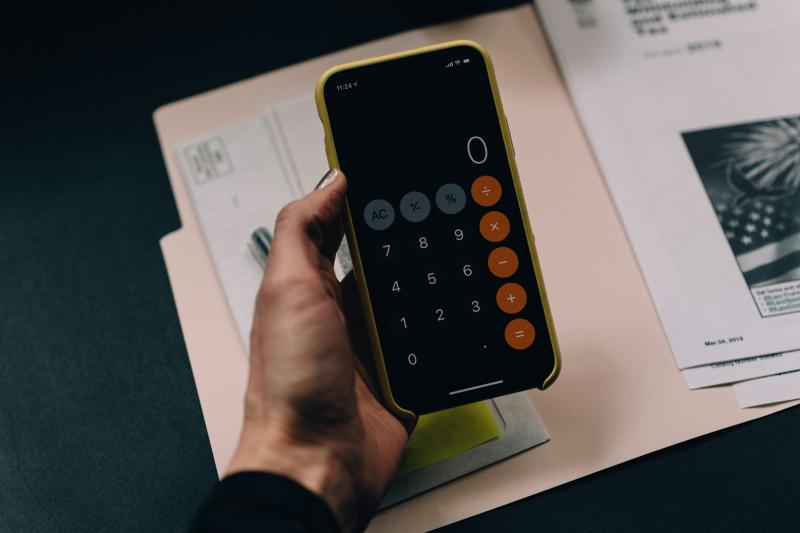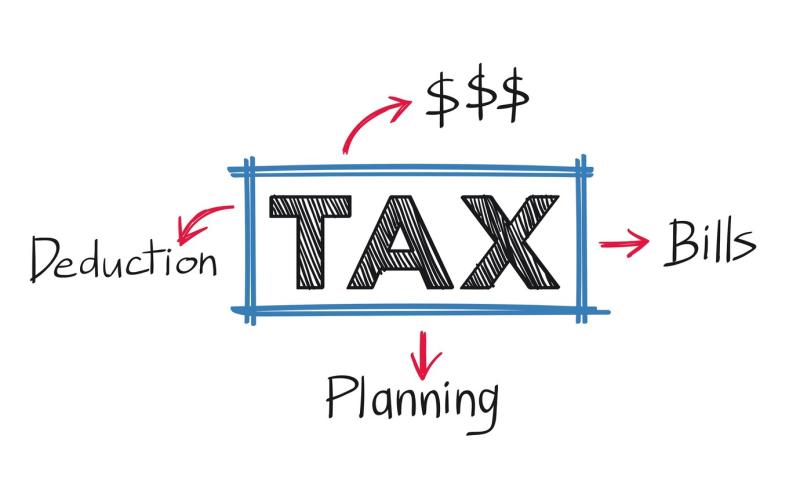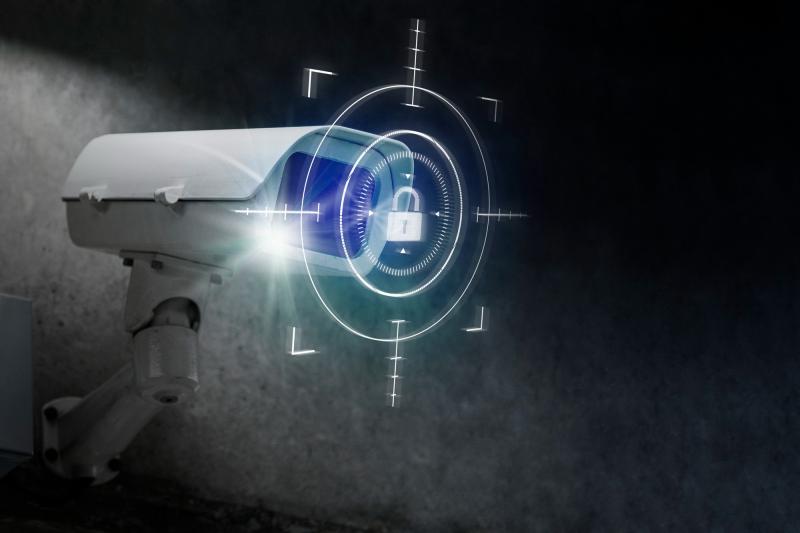What is an HMRC Compliance Check?
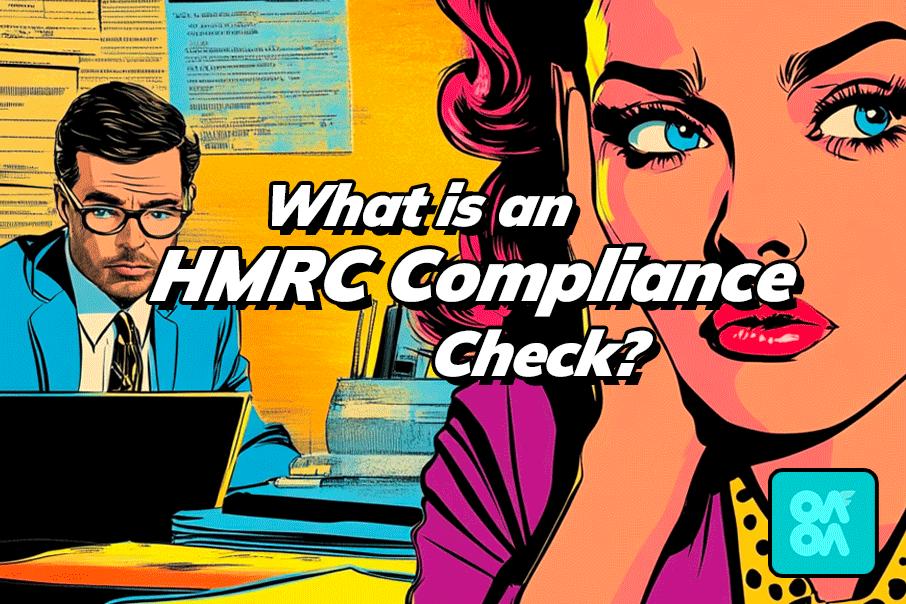
For online content creators, particularly those earning through platforms like OnlyFans, tax compliance is an essential but often overlooked responsibility.
The rise of digital entrepreneurship has drawn the attention of HM Revenue & Customs (HMRC), which conducts compliance checks to ensure individuals are paying the correct amount of tax.
An HMRC compliance check is an official review of a taxpayer's financial records to confirm they have correctly reported income, paid the appropriate taxes, and followed tax laws.
These checks can be daunting, but understanding the process can help mitigate stress and ensure compliance.
Chapters
- Why Does HMRC Carry Out Compliance Checks?
- What Usually Triggers an HMRC Compliance Check?
- What Happens During an HMRC Compliance Check?
- How Long Do HMRC Compliance Checks Take?
- What Powers Do HMRC Have?
- HMRC Compliance Check Penalties
- Are Online Content Creators a Target of HMRC Compliance Checks?
- How to Avoid an HMRC Compliance Check
- Conclusion
Why Does HMRC Carry Out Compliance Checks?
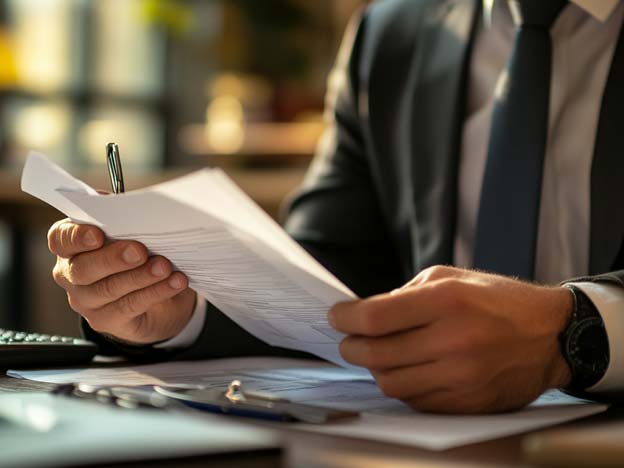
HMRC carries out compliance checks to maintain the integrity of the tax system.
These checks help identify cases where taxpayers may have underpaid, over-claimed, or failed to meet their tax obligations.
The checks aim to:
- Ensure businesses and individuals pay the right amount of tax.
- Prevent tax evasion and fraud.
- Correct genuine mistakes made in tax returns.
- Encourage voluntary compliance by deterring non-compliance.
Online content creators, including those on OnlyFans, are increasingly coming under scrutiny due to the significant earnings some individuals generate through digital platforms.
HMRC wants to ensure that all income, including earnings from subscriptions, tips, and brand partnerships, is declared and taxed correctly.
What Usually Triggers an HMRC Compliance Check?
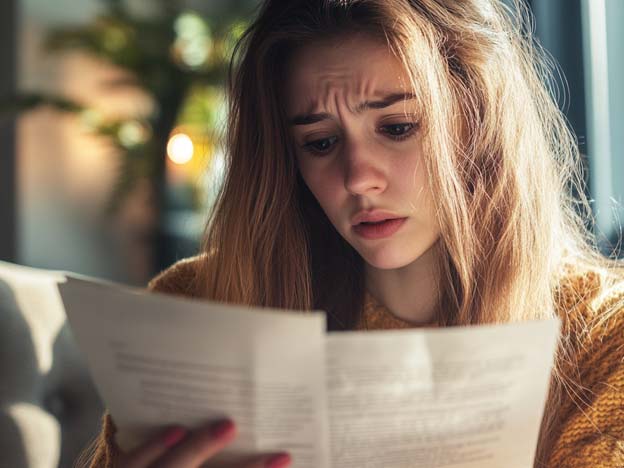
Various factors can trigger an HMRC compliance check, and for online content creators, these triggers may include:
- Large or irregular income deposits: If your bank account receives significant payments that don't align with reported income, HMRC may investigate.
- Discrepancies in reported earnings: Differences between declared income and data received from third parties, such as payment processors or platforms like OnlyFans.
- Unusual expenses or deductions: Claiming excessive business expenses or deductions that seem inconsistent with your industry.
- Late or incorrect tax returns: Regularly submitting tax returns late or making errors in filings can raise red flags.
- Anonymous tips or reports: HMRC may receive information from anonymous sources, including ex-partners, competitors, or customers.
What Happens During an HMRC Compliance Check?

When HMRC initiates a compliance check, they will usually send a formal letter outlining what they need to review.
The process typically includes the following steps:
- Notification: HMRC contacts you via letter or email, explaining which aspects of your tax affairs they want to examine.
- Document request: They may ask for bank statements, invoices, contracts, and receipts to verify your income and expenses.
- Meetings or correspondence: In some cases, HMRC may request an in-person or virtual meeting to discuss your records.
- Resolution and findings: Once HMRC completes its review, they will inform you of any discrepancies and whether you owe additional tax or are due a refund.
How Long Do HMRC Compliance Checks Take?
The duration of a compliance check varies depending on the complexity of the case.
Some checks take a few weeks, while others can last several months.
- Simple checks: These usually take 3 to 6 weeks and may involve minor discrepancies.
- More complex cases: If HMRC finds substantial inconsistencies or requires additional information, the process can take several months.
- Serious investigations: Cases involving suspected tax fraud or deliberate evasion may last a year or longer and could lead to legal action.
What Powers Do HMRC Have?

HMRC has extensive powers to enforce tax compliance. These include:
- Requesting financial records: HMRC can ask for bank statements, invoices, and digital payment records.
- Accessing third-party data: They can obtain information from payment platforms, banks, and other financial institutions.
- Conducting unannounced visits: In rare cases, HMRC officers can visit business premises without prior notice.
- Issuing penalties and fines: If discrepancies are found, HMRC can impose financial penalties.
- Launching criminal investigations: In cases of suspected tax evasion, HMRC can take legal action, which may result in prosecution.
HMRC Compliance Check Penalties
Failing to comply with tax laws can result in severe penalties, including:
- Late payment fines: If tax is paid late, HMRC can impose interest and penalties.
- Incorrect tax returns: If HMRC finds inaccuracies, they may issue fines based on whether the error was careless, deliberate, or fraudulent.
- Failure to provide information: Not cooperating with HMRC’s requests can lead to additional penalties.
- Criminal charges: In extreme cases, deliberate tax evasion can lead to prosecution, potentially resulting in imprisonment.
Are Online Content Creators a Target of HMRC Compliance Checks?
Yes, online content creators, including OnlyFans models and influencers, are increasingly targeted by HMRC.
The growth of the creator economy means more individuals are earning significant incomes through digital platforms, sometimes without realising their tax obligations.
HMRC is actively monitoring income from online activities, particularly:
- OnlyFans earnings: Subscription revenue, tips, and pay-per-view content must be declared.
- Brand sponsorships: Payments or gifts received in exchange for promotion may be taxable.
- Affiliate marketing: Commission earned from referral links must be reported as income.
Failure to disclose this income can result in an HMRC compliance check and potential penalties.
How to Avoid an HMRC Compliance Check

To minimise the risk of an HMRC compliance check, online content creators should:
- Register as self-employed: Ensure you are correctly registered with HMRC and file tax returns on time.
- Keep accurate records: Maintain detailed records of all income and expenses, including invoices and receipts.
- Declare all income: Report all earnings, even if they come from multiple sources.
- Separate personal and business finances: Using a dedicated business bank account can make record-keeping easier.
- Seek professional advice: An accountant can help ensure your tax affairs are in order and reduce the risk of errors.
By staying compliant, you can focus on growing your online presence without the stress of an unexpected HMRC compliance check.
Conclusion
Navigating tax compliance as an online content creator can feel overwhelming, but staying informed and proactive can help you avoid unnecessary stress.
If you are unsure about your tax obligations or have concerns about an HMRC compliance check, seeking professional advice is the best course of action.
Our specialist tax advisors can provide expert guidance to ensure your accounts are in order, helping you stay compliant while maximising your earnings.
Get in touch today for personalised support and peace of mind.
Disclaimer: Any advice in this publication is not intended or written by One and Only Accounts to be used by a client or entity for the purpose of (i) avoiding penalties that may be imposed on any taxpayer or (ii) promoting, marketing or recommending to another party matters herein.

